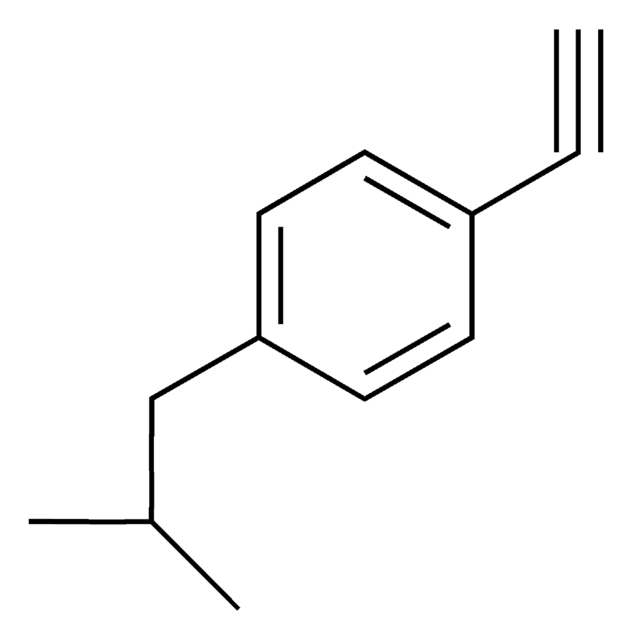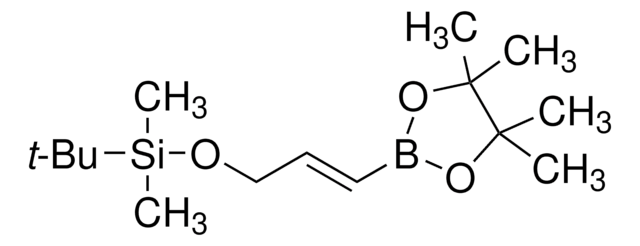All Photos(1)
About This Item
Linear Formula:
CH3CH2C≡CH
CAS Number:
Molecular Weight:
54.09
MDL number:
UNSPSC Code:
12162002
PubChem Substance ID:
Recommended Products
Assay
≥98%
storage temp.
2-8°C
SMILES string
CCC#C
InChI
1S/C4H6/c1-3-4-2/h1H,4H2,2H3
InChI key
KDKYADYSIPSCCQ-UHFFFAOYSA-N
Looking for similar products? Visit Product Comparison Guide
Other Notes
For 633755-100G-EU packaging: 1000 mL of aluminium cylinder equipped with stainless steel valve.
Recommended products
- For 633755-100G-EU: outlet fitting: DIN 477-1 no.1, Z742162 or Z742164 are the recommended regulators.
- For 633755-100G: outlet fitting no 99112 is the recommended outlet fitting.
related product
Signal Word
Danger
Hazard Statements
Precautionary Statements
Hazard Classifications
Flam. Gas 1 - Press. Gas Liquefied gas
Storage Class Code
2A - Gases
WGK
WGK 3
Flash Point(F)
Not applicable
Flash Point(C)
Not applicable
Personal Protective Equipment
dust mask type N95 (US), Eyeshields, Gloves
Certificates of Analysis (COA)
Search for Certificates of Analysis (COA) by entering the products Lot/Batch Number. Lot and Batch Numbers can be found on a product’s label following the words ‘Lot’ or ‘Batch’.
Already Own This Product?
Find documentation for the products that you have recently purchased in the Document Library.
Customers Also Viewed
Andrew D Buettner et al.
Physical chemistry chemical physics : PCCP, 22(42), 24583-24599 (2020-10-24)
Production of formyl radical, HCO, from reactions of O(3P) with alkynes (acetylene, propyne, 1-butyne, and 1-pentyne) has been investigated using cavity ringdown laser absorption spectroscopy (CRDLAS) and computational methods. No HCO was detected from reaction with acetylene, while the amount
Oleg G Salnikov et al.
Chemical science, 8(3), 2426-2430 (2017-04-30)
Mechanistic insight into the semihydrogenation of 1-butyne and 2-butyne on Cu nanoparticles supported on partially dehydroxylated silica (Cu/SiO
Quan-De Wang et al.
International journal of molecular sciences, 20(13) (2019-07-03)
Hydrogen atom abstraction from propargyl C-H sites of alkynes plays a critical role in determining the reactivity of alkyne molecules and understanding the formation of soot precursors. This work reports a systematic theoretical study on the reaction mechanisms and rate
Chloë L Wright et al.
Applied and environmental microbiology, 86(9) (2020-02-23)
Ammonia monooxygenase (AMO) is a key nitrogen-transforming enzyme belonging to the same copper-dependent membrane monooxygenase family (CuMMO) as the particulate methane monooxygenase (pMMO). The AMO from ammonia-oxidizing archaea (AOA) is very divergent from both the AMO of ammonia-oxidizing bacteria (AOB)
Our team of scientists has experience in all areas of research including Life Science, Material Science, Chemical Synthesis, Chromatography, Analytical and many others.
Contact Technical Service














